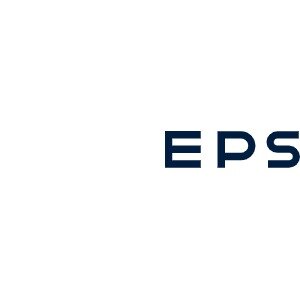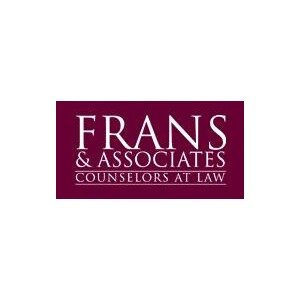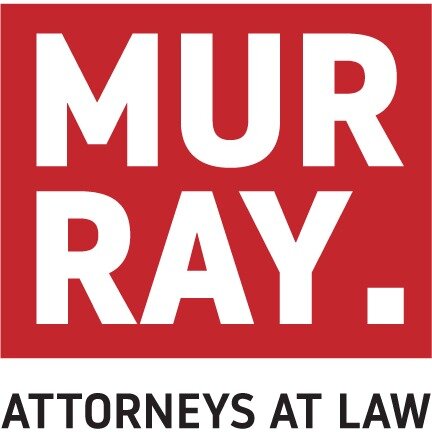Best Antitrust Litigation Lawyers in Curaçao
Share your needs with us, get contacted by law firms.
Free. Takes 2 min.
Or refine your search by selecting a city:
List of the best lawyers in Curaçao
About Antitrust Litigation Law in Curaçao
Antitrust litigation in Curaçao focuses on addressing unfair business practices that can disrupt fair competition in the marketplace. This area of law deals with issues such as price fixing, monopolistic conduct, market allocation, and other actions that could restrict free trade or harm consumers and other businesses. Curaçao follows a blend of Dutch civil law and its own local regulations, ensuring that competition remains open and fair across key industries. Antitrust litigation is meant to protect both consumers and competitors from abusive conduct by dominant market players or cartels.
Why You May Need a Lawyer
Antitrust litigation can be highly complex and affect both businesses and individuals in various ways. Some common situations where legal help could be essential include:
- You suspect a competitor is engaging in unfair or anti-competitive practices such as price fixing or bid rigging. - Your business is being investigated for potential violations of competition law. - You have been harmed by monopolistic behavior or collusion and are seeking compensation. - You want to ensure that a proposed merger or acquisition is compliant with antitrust regulations. - You need to respond to requests for information from regulatory bodies.
An experienced antitrust litigator can help you understand your rights, guide you through the process, and represent your interests in negotiations or court proceedings.
Local Laws Overview
Antitrust and competition law in Curaçao is governed primarily by the National Ordinance on Competition (Landsverordening inzake concurrentie). This law sets out the rules to prevent and address anti-competitive agreements and abuse of dominant position. Important aspects of local antitrust law include:
- Prohibition of agreements that restrict competition, such as cartels or exclusive arrangements. - Regulation against abuse of a dominant market position, including setting unfair prices or limiting production. - Oversight of mergers and acquisitions that might significantly reduce competition in the local market. - Enforcement and investigation powers are held by local regulatory authorities, which can impose fines and other penalties.
Anyone doing business in Curaçao should be aware that these regulations apply not only to local companies, but also to foreign entities that operate within the country’s jurisdiction. Violations may result in administrative fines, damages claims, and mandatory changes to business practices.
Frequently Asked Questions
What is considered anti-competitive behavior in Curaçao?
Anti-competitive behavior includes actions like price fixing, dividing markets, engaging in exclusive dealing, or abusing a dominant market position to harm competitors or consumers.
Who enforces antitrust laws in Curaçao?
Antitrust laws in Curaçao are enforced by the Competition Authority Curaçao (CAC). It investigates complaints, conducts inquiries, and imposes penalties for violations.
Can a small business be investigated for antitrust violations?
Yes, any business operating in Curaçao, regardless of size, may be subject to investigation if there is evidence of anti-competitive conduct.
Do antitrust laws apply to foreign companies?
Yes, as long as the anti-competitive conduct affects the Curaçao market, foreign companies can be held liable under local antitrust laws.
What are the penalties for violating antitrust laws in Curaçao?
Penalties can include administrative fines, orders to cease illegal behavior, and claims for damages from affected parties.
Can I bring a private lawsuit for antitrust damages?
Yes, individuals and businesses harmed by anti-competitive practices can file civil lawsuits to seek compensation for their losses.
How are mergers and acquisitions regulated?
Significant mergers or acquisitions may require notification to the Competition Authority Curaçao and can be blocked or conditioned if they threaten to reduce competition.
What should I do if my business is accused of an antitrust violation?
Seek immediate legal counsel to understand your rights and obligations, respond appropriately to inquiries, and protect your interests during the investigation.
How long do antitrust investigations typically take?
The length of an investigation varies, depending on the complexity of the case. Some may conclude in a few months, while others can take much longer.
Is it possible to avoid litigation through settlement or negotiation?
Yes, sometimes cases can be resolved through settlements, commitments to change business practices, or negotiated agreements with the authorities.
Additional Resources
If you are seeking more information or need guidance, consider contacting or consulting the following organizations and resources:
- Competition Authority Curaçao (CAC): The primary regulatory body for antitrust enforcement and inquiries. - Curaçao Chamber of Commerce: Useful for understanding business regulations, compliance requirements, and finding specialized legal professionals. - Curaçao Bar Association: Can refer you to attorneys experienced in antitrust litigation. - Local business associations and industry groups, which may offer educational seminars and resources on competition law compliance.
Next Steps
If you believe you need legal advice or representation for an antitrust matter in Curaçao, consider the following steps:
1. Gather all relevant documents and information related to your situation, such as contracts, communications, and complaints. 2. Research attorneys with experience in antitrust or competition law in Curaçao. 3. Schedule a consultation to discuss your case, potential risks, and possible strategies. 4. Cooperate fully with your legal counsel and any regulatory investigations as advised. 5. Stay informed about your rights and obligations throughout the process to ensure the best possible outcome for your case.
Taking timely and informed action is critical in antitrust matters to safeguard your interests and ensure compliance with local laws.
Lawzana helps you find the best lawyers and law firms in Curaçao through a curated and pre-screened list of qualified legal professionals. Our platform offers rankings and detailed profiles of attorneys and law firms, allowing you to compare based on practice areas, including Antitrust Litigation, experience, and client feedback.
Each profile includes a description of the firm's areas of practice, client reviews, team members and partners, year of establishment, spoken languages, office locations, contact information, social media presence, and any published articles or resources. Most firms on our platform speak English and are experienced in both local and international legal matters.
Get a quote from top-rated law firms in Curaçao — quickly, securely, and without unnecessary hassle.
Disclaimer:
The information provided on this page is for general informational purposes only and does not constitute legal advice. While we strive to ensure the accuracy and relevance of the content, legal information may change over time, and interpretations of the law can vary. You should always consult with a qualified legal professional for advice specific to your situation.
We disclaim all liability for actions taken or not taken based on the content of this page. If you believe any information is incorrect or outdated, please contact us, and we will review and update it where appropriate.
Browse antitrust litigation law firms by city in Curaçao
Refine your search by selecting a city.













